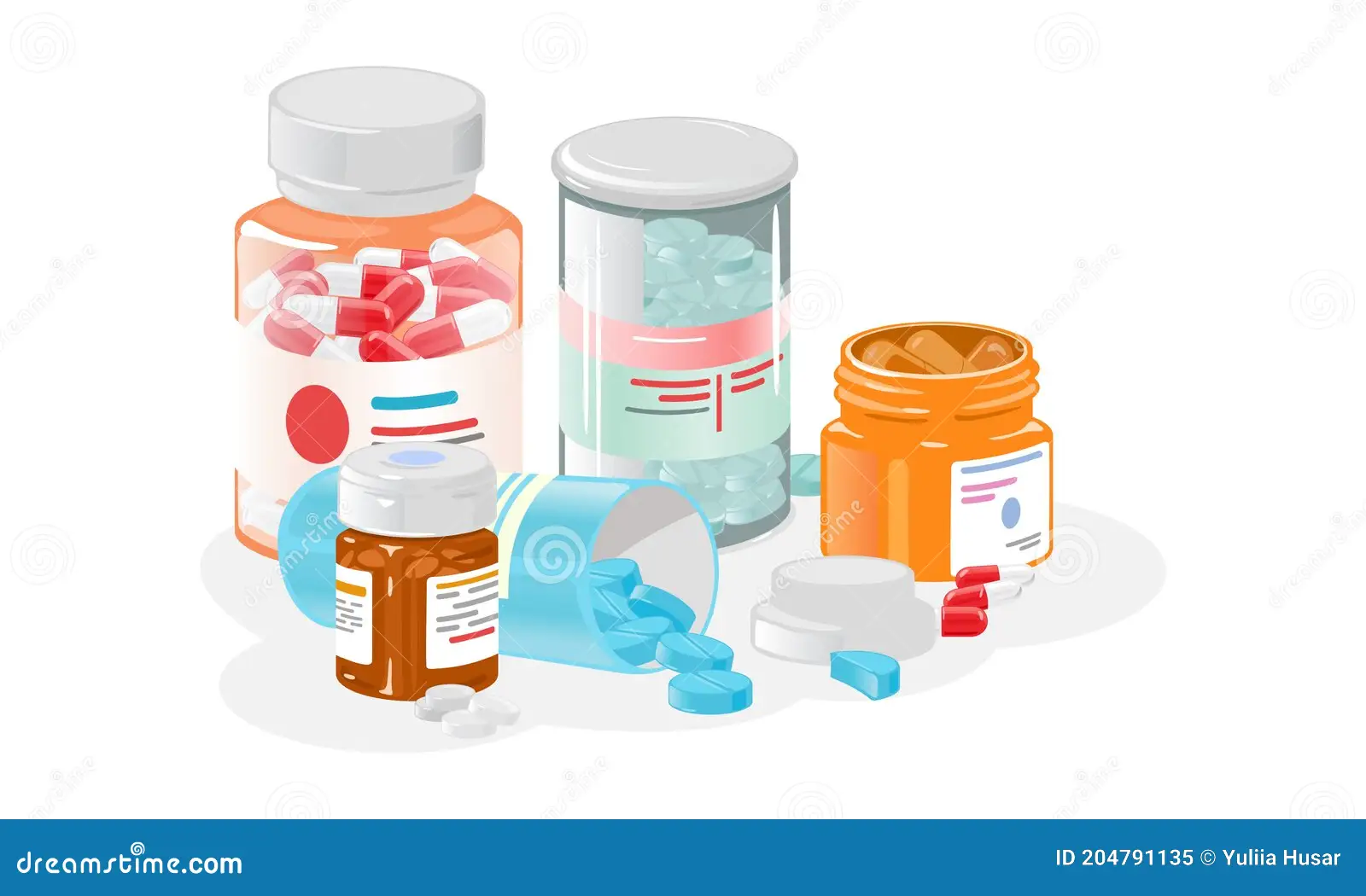Photo AI
Last Updated Sep 27, 2025
Drug Therapies Simplified Revision Notes for A-Level OCR Psychology
Revision notes with simplified explanations to understand Drug Therapies quickly and effectively.
203+ students studying
12.3.1 Drug Therapies
Drug therapy: typical and atypical antipsychotics
Psychotic = a condition where a person loses touch with reality
Typical antipsychotics (first-generation antipsychotics)
Typical antipsychotics are dopamine antagonists, meaning they inhibit dopamine activity by blocking dopamine receptors in the synapse.
Examples = chlorpromazine and haloperidol
- Typical antipsychotics are more effective at treating the positive symptoms of schizophrenia e.g. Delusions
Atypical antipsychotics (second-generation antipsychotics)
-
Developed in the 1980s as a solution to the potentially damaging side effects of typical antipsychotics Atypical antipsychotics are dopamine antagonists but may also act as serotonin agonists, meaning they inhibit serotonin reuptake in the synapse
-
Atypical antipsychotics treat both the positive and negative symptoms of schizophrenia
Examples = risperidone, olanzapine and clozapine

Evaluation:
(1)
P: A weakness of antipsychotic drugs is the severe side effects.
E: For example, some patients on typical antipsychotics develop tardive dyskinesia- a condition where there are uncontrollable facial tics. Even after stopping the use of the drug, this condition can persist. Side effects are less severe where patients are taking a reduced dose, as many do today, but this can reduce the effectiveness of the drug as well.
E: Therefore, The severity of the side effects is a weakness as patients will be reluctant to take them, or may experience long-term negative effects as a result of the drugs.
(2)
P: Research shows that drug therapies are improving and becoming more effective
E: Atypical antipsychotics are effective in 30% to 50% of treatment of resistant cases, that is, where other typical antipsychotics have failed.
E: This suggests that drug therapies are constantly developing and improving, and also proving to be effective in treating schizophrenia.
(3)
P: There are potential ethical issues with how drug therapies are being used
E: Antipsychotics have been used in hospitals to calm patients and make them easier for staff to work with rather than for the patient's benefit –
E: Therefore, perhaps other methods of treatment that work to improve the patient, such as CBT are more effective.
500K+ Students Use These Powerful Tools to Master Drug Therapies For their A-Level Exams.
Enhance your understanding with flashcards, quizzes, and exams—designed to help you grasp key concepts, reinforce learning, and master any topic with confidence!
50 flashcards
Flashcards on Drug Therapies
Revise key concepts with interactive flashcards.
Try Psychology Flashcards5 quizzes
Quizzes on Drug Therapies
Test your knowledge with fun and engaging quizzes.
Try Psychology Quizzes29 questions
Exam questions on Drug Therapies
Boost your confidence with real exam questions.
Try Psychology Questions27 exams created
Exam Builder on Drug Therapies
Create custom exams across topics for better practice!
Try Psychology exam builder18 papers
Past Papers on Drug Therapies
Practice past papers to reinforce exam experience.
Try Psychology Past PapersOther Revision Notes related to Drug Therapies you should explore
Discover More Revision Notes Related to Drug Therapies to Deepen Your Understanding and Improve Your Mastery
